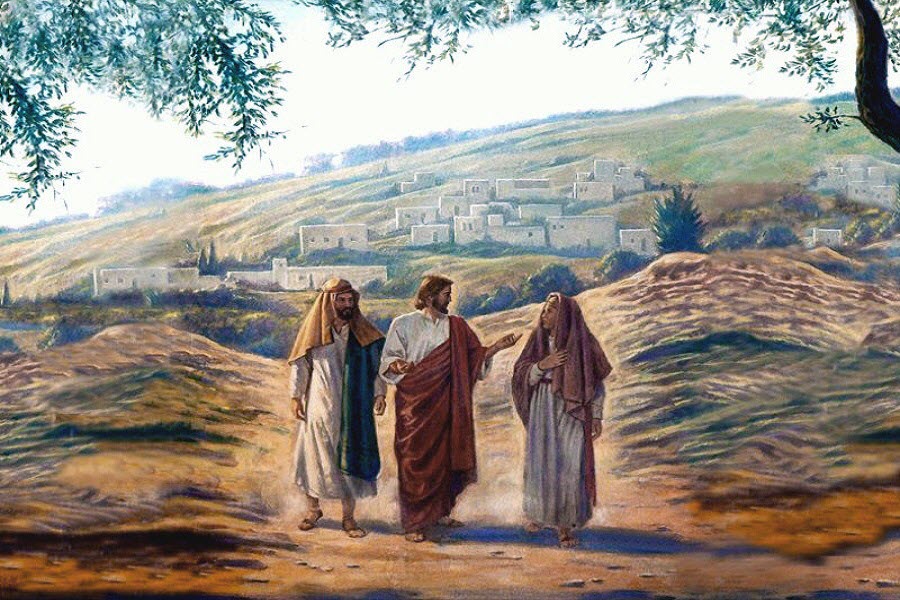
You Are Witnesses To These Things
04-14-2024Weekly ReflectionFr. Manasseh Iorchir, VCEach Liturgical Year, between Easter Sunday and Pentecost Sunday, the First Readings at most Masses are taken from St. Luke’s Acts of the Apostles. This is intentionally arranged by the Church to afford us the opportunity to reflect on how the Apostles reacted and responded to the Resurrection of Jesus, and how their reaction to the unique experience of Christ’s Resurrection influenced the happenings that shaped the evolution of the early Church. The Readings at the liturgy this weekend explore the conviction of the Apostles that Christ’s Passion and Resurrection had been foreshadowed all along through Israel’s Scripture and history. At the Resurrection of Jesus, every piece of the history of salvation, as presented in the Scriptures, suddenly fell into place and began to make sense to the Apostles who now understood what was hitherto a mystery to them. They could now clearly see that God had planned all that happened in accordance with His Holy will, and that Christ is the fulfillment of the prophecies of Israelite Scripture.
In the First Reading, Simon Peter, after healing the crippled Beggar at the beautiful gate of the Temple, seized the opportunity to explain with the aid of Scripture that Jesus, who lived and taught among them and whom they hung on the Cross, had been glorified with the Resurrection by the God of their patriarchs in fulfillment of the oracles of the prophets. In addition, through His name and by the merits of His Death and Resurrection, all who would repent would have their sins wiped out.
The remission of sins through the redemptive Passion and Resurrection of Christ and the fulfillment of His designated role as the advocate, the mediator between God the Father and fallen humanity, is the theme that runs through the Second Reading. The message of 1 John is simple: Christ died and rose from the dead as an expiation for the sins of the whole world. If we unfortunately fall into sin again, we should remember that He is still our advocate with the Father and will intercede for us if only we invoke His name in penitence.
The Gospel passage recounts the events that occurred at one of the appearances of Christ to His disciples after His resurrection. The two who had recognized Christ in the breaking of bread at Emaus had returned to Jerusalem and were telling the story of their encounter with Christ when Jesus, Himself appeared to them. After issuing His Easter greeting of “peace be with you,” and after demonstrating that they were not seeing an apparition of a ghost, Jesus used the Scriptures from Moses to the Prophets and the Psalms, to show that the events they had witnessed in the last few days were happening in fulfillment of what had been promised in scripture. Jesus ended this portion of His discourse with His friends by charging them, “you are witnesses to these things.” A witness is one who was present at an event and can recount what he or she experienced first hand. By charging them to be His witnesses, Jesus was inviting the Disciples to a testimony of their lives about their personal experience of His saving work. We cannot be witnesses to “these things” if we do not know Christ. In the second half of the Second Reading, St. John says, “the way we may be sure that we know Him is to keep His Commandments. Those who say, ‘I know Him,’ but do not keep His Commandments are liars, and the truth is not in them. But whoever keeps His word, the love of God is truly perfected in him.” To be a witness of the Resurrection, one needs to know Jesus; to show that you know Jesus, one needs to keep His Commandments, and His Commandment is the law of love: love one another as I have loved you (John 13:34-35).
May God supply the Grace with which we, like the Apostles, can be fiery and uncompromising witnesses to the resurrection of Jesus Christ.
Please be kind and may God bless you.
Fr. Manasseh
BACK TO LIST